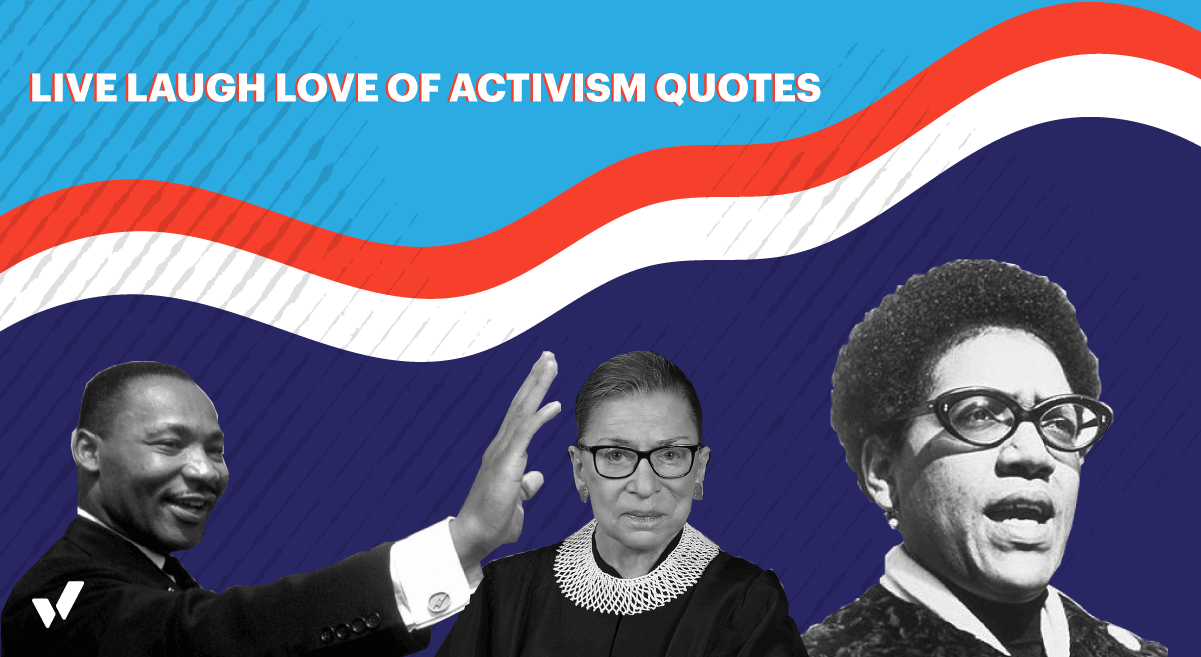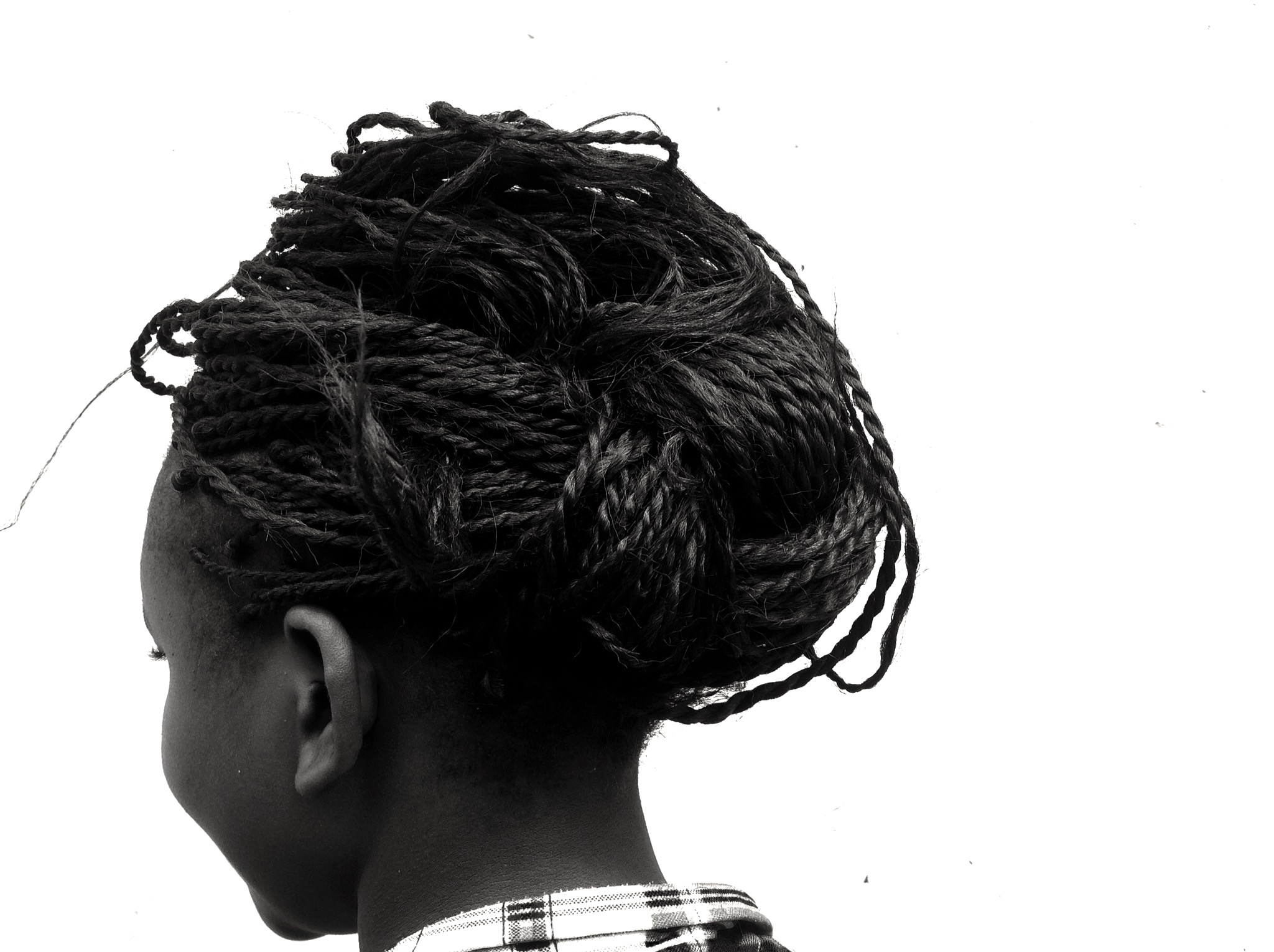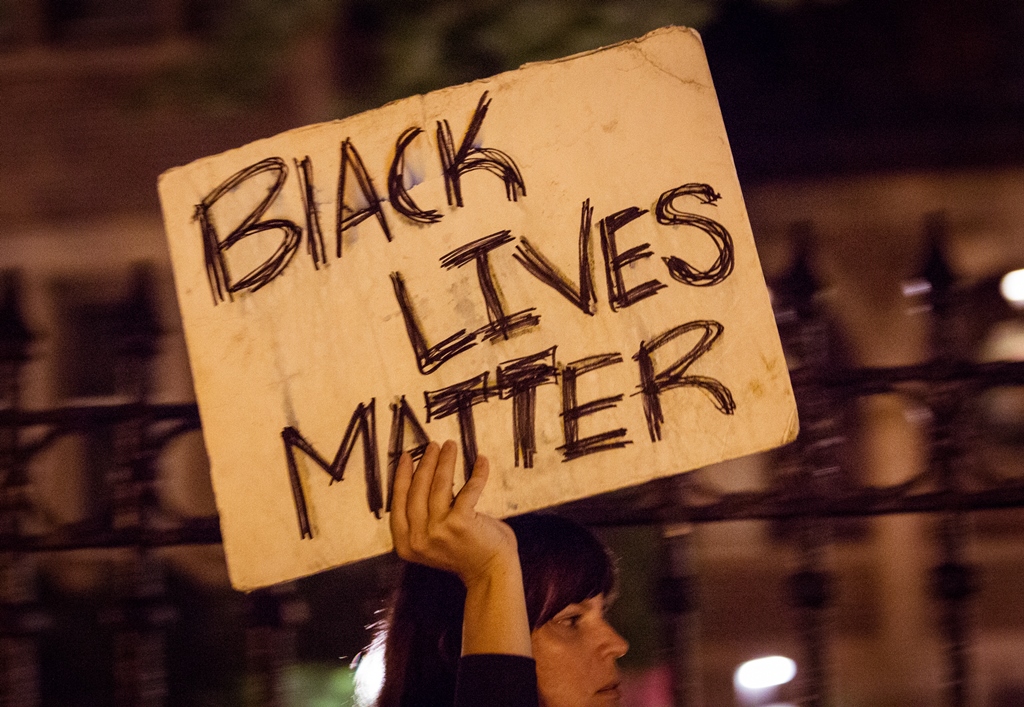Abortion rights, women of color, and LGBTQI+ people are under attack. Pledge to join us in fighting for gender justice.
Live Laugh Love of Activism Quotes

Every Martin Luther King Day, I see the same quote plastered on social media pages, by liberal and conservative people alike.
“Darkness cannot drive out darkness, only light can do that. Hate cannot drive out hate, only love can do that.” —Martin Luther King, Jr.
I understand why many people love this quote. It points to a more hopeful future and recognizes that the only way to fight racism is with anti-racism. However, it reminds me that too often, quotes like this are misappropriated and decontextualized to make rage seem unnecessary and harmful.
Few things make me angrier than people taking quotes from radical changemakers and using them to drive harmful narratives around rage, protest, and social change.
Take Justice Ruth Bader Ginsburg as another example.
- “Fight for the things that you care about. But do it in a way that will lead others to join you.”
- “Reacting in anger or annoyance will not advance one’s ability to persuade.”
While these quotes from leaders like RBG are worth remembering, they don’t tell the full story—and that is the real question: what stories are we telling about the relationship between rage and social and cultural change? Ruth Bader Ginsburg provides one example of feminism, one example of leadership. She is worthy of our admiration, but that does not mean her way of creating change is the only way.
Highlighting only these quotes—and using them to undermine current Black Lives Matter protests and feminist rage—drives the insidious narrative that there’s a right or wrong way to protest injustice, and that anyone who is angry is doing it wrong.
I am sick of hearing narratives like, “if we can all just love each other, then there would be no racism, sexism or hatred.” Translation: white people get to escape culpability in systems of patriarchy and racism that benefit them. Preaching “love and light” pins the responsibility of unrest and discord on the oppressed, rather than the oppressor.
It’s this same narrative that then makes any protest, however justified, objectionable. The protesters are too angry, too irrational, too uncivil, too ill-timed. Women who react to injustice angrily are relegated to being angry feminists who hate men, and who can therefore be dismissed and ignored. Many of these criticisms of rage also dovetail with racist tropes of the “angry Black woman” and echo the tone policing that plague efforts for racial justice today.
Rage is essential even within Supreme Court cases and acts of civil disobedience. No one protests or mounts legal challenges out of a placid desire for their rights.
This narrative also ignores how many different roles are necessary to effect social change. Justice Ruth Bader Ginsburg’s role as a legal advocate and Supreme Court justice is not the same one protesters play today. In fact, pitting social justice advocates and tactics against each other, rather than recognizing our interdependence, will only serve systems of oppression. We need all of us to show up, distinctively and authentically.
For the status quo, there’s no palatable way to protest. And if we run ourselves in circles trying to figure out how to protest so those in power will listen, we’ve already fallen subject to their game.
When I see these tactics that result in us being ignored and dismissed, I have to roll my eyes. Yes, it’s just because we’ve been so angry that they haven’t given us our rights. If we had just sent a fruit basket and a note that said “please,” then gender and racial justice would have been solved a long time ago.
As we come to the end of Women’s History Month, let’s remember other quotes from our civil rights forebears that recognize why rage is essential, not optional:
“A riot is the language of the unheard.” —Martin Luther King, Jr.
“Every woman has a well-stocked arsenal of anger potentially useful against those oppressions, personal and institutional, which brought that anger into being. Focused with precision it can become a powerful source of energy serving progress and change.” —Audre Lorde
“We are volcanoes. When we women offer our experience as our truth, as human truth, all the maps change. There are new mountains.” —Ursula K. LeGuin
Let’s remember to feel our righteous anger, and to listen to the rage of others facing oppression on a daily, systemic level. We cannot be deluded into thinking our oppressors want to listen, that we just have to approach them in the right way, with the right tone, at the right time. As Rachel Cargle, academic and activist, said, “I don’t want your love and light if it doesn’t come with solidarity and action.”






